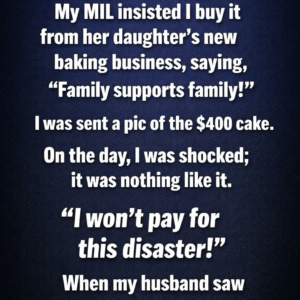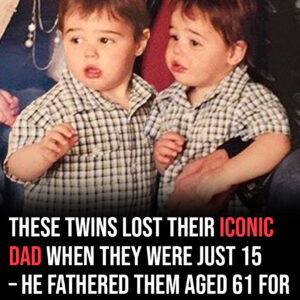After losing her husband just seven months ago, Norma, 36, decided she was ready to start dating again rather than live the rest of her life alone. But every time she had someone over, her 18-year-old stepdaughter would sabotage the evening—crying about her father, lingering in shared spaces, or making the atmosphere unbearably tense. Eventually, overwhelmed and fed up, Norma snapped and told her stepdaughter that if she couldn’t handle her moving on, she should consider moving out. The girl didn’t argue—she just smirked.
The next day, Norma came home to a shocking discovery: several boxes of her late husband’s belongings were missing. Her stepdaughter calmly admitted she had donated them, saying, “You keep saying you want to move forward, so I thought I’d help you actually do it.” Furious and heartbroken, Norma accused her of crossing a line, but her stepdaughter fired back that Norma was the one disrespecting her grief by bringing “random men” into the house so soon after her father’s death.
Norma insists that at 18, her stepdaughter is an adult and cannot dictate how long she should grieve before dating again. She feels she has a right to rebuild her life, especially since she also lost her husband. However, many people argue that seven months is still fresh and that her stepdaughter’s pain is valid—especially since she was forced to witness her father’s memory seemingly being replaced in their shared home.
Now, the family is fractured. Norma wonders if telling her stepdaughter to move out was too harsh or justified. While the daughter’s actions were clearly vindictive, they came from deep pain. Commenters suggest that both are grieving in different ways and at different paces, and without counseling or communication, they’re turning into opponents instead of allies in loss.





